
“Free the child’s potential and you will transform him into the world.”
﹣Maria Montessori
Our Curriculum
-
Social Development consists of small group work, cooperative games, and other situations for developing social skills.
-
We practice daily living and fine motor skills while learning to care for oneself, and we encourage respect for others and one’s environment.
-
We develop cognitive, physical, and readiness skills needed for reading, writing, and comprehension.
-
Sensorial Materials refine the senses as a key path to early learning about the world.
-
We learn math to develop a concrete and abstract understanding of numbers, counting, and math operations.
-
We provide opportunities for children to explore music, art, creative movement, geography and history, science and nature.
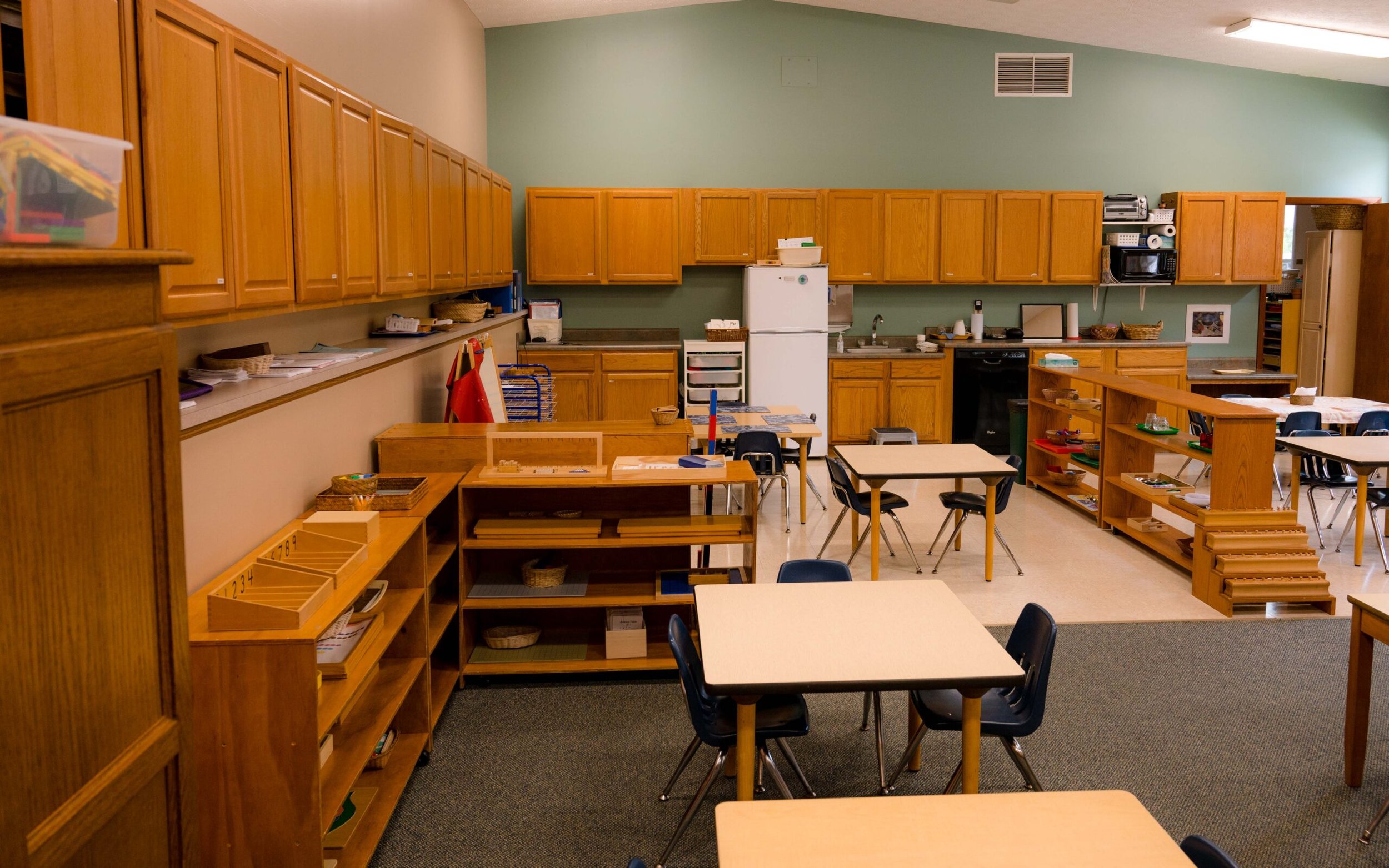
Our Tenets of Behavior
MSGL staff help children maintain a healthy self-image while learning social norms for behavior. The entire school setting is arranged with this in mind.
The basic rules in a Montessori environment are:
All people are respected. (No physical or verbal harm to oneself or others.) The work of others is not disturbed.
The environment is respected. All materials handled correctly and put away properly.
Use your inside (quiet) voice in the classroom and hallway.
Use your walking feet in the classroom and hallway.
Thank someone when they comply with a request.
Hands are on our own body, unless you have permission.
It is polite to ask if you can help a friend with her/his work. Respect your friend’s answer.
The teacher may excuse you from work if you abuse the materials.
Use your words, not your hands, when you are unhappy with someone.
You may tell someone how you feel when you are upset or confused.
Toys or other items from home may be brought to the sharing basket or left in the locker.
We can create our own clever characters, but we may not pretend to be characters that hurt others.
When difficulties arise, teachers allow time for the children themselves to settle the issue with words. If intervention is necessary, teachers remind children of the rules and redirect if necessary. A time out may be used if a child needs time away from others or materials to regain emotional control. Corporal punishment is never used.
Gallery

Parent-Infant Classroom, Spruce

Parent-Infant Classroom, Spruce

Toddler, Tulip

Toddler, Tulip

Toddler, Playground

Toddler, Playground


Early Childhood, Catalpa

Early Childhood, Catalpa

Early Childhood, Catalpa

Early Childhood, Catalpa
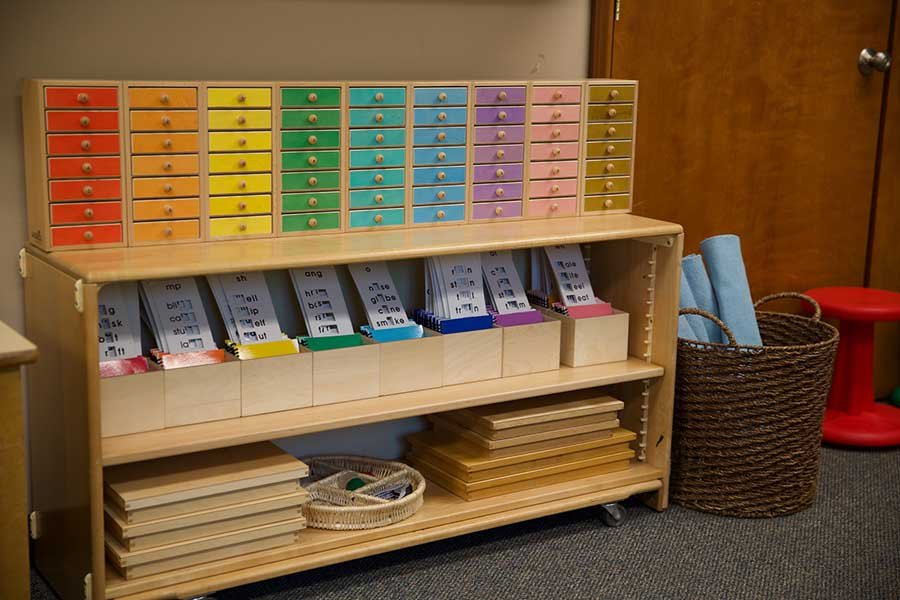

Cathy's Garden





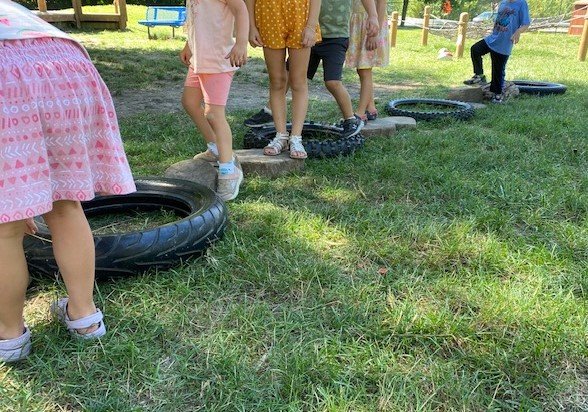


Early Childhood, Birch

Early Childhood, Birch

Early Childhood, Birch

Early Childhood, Birch
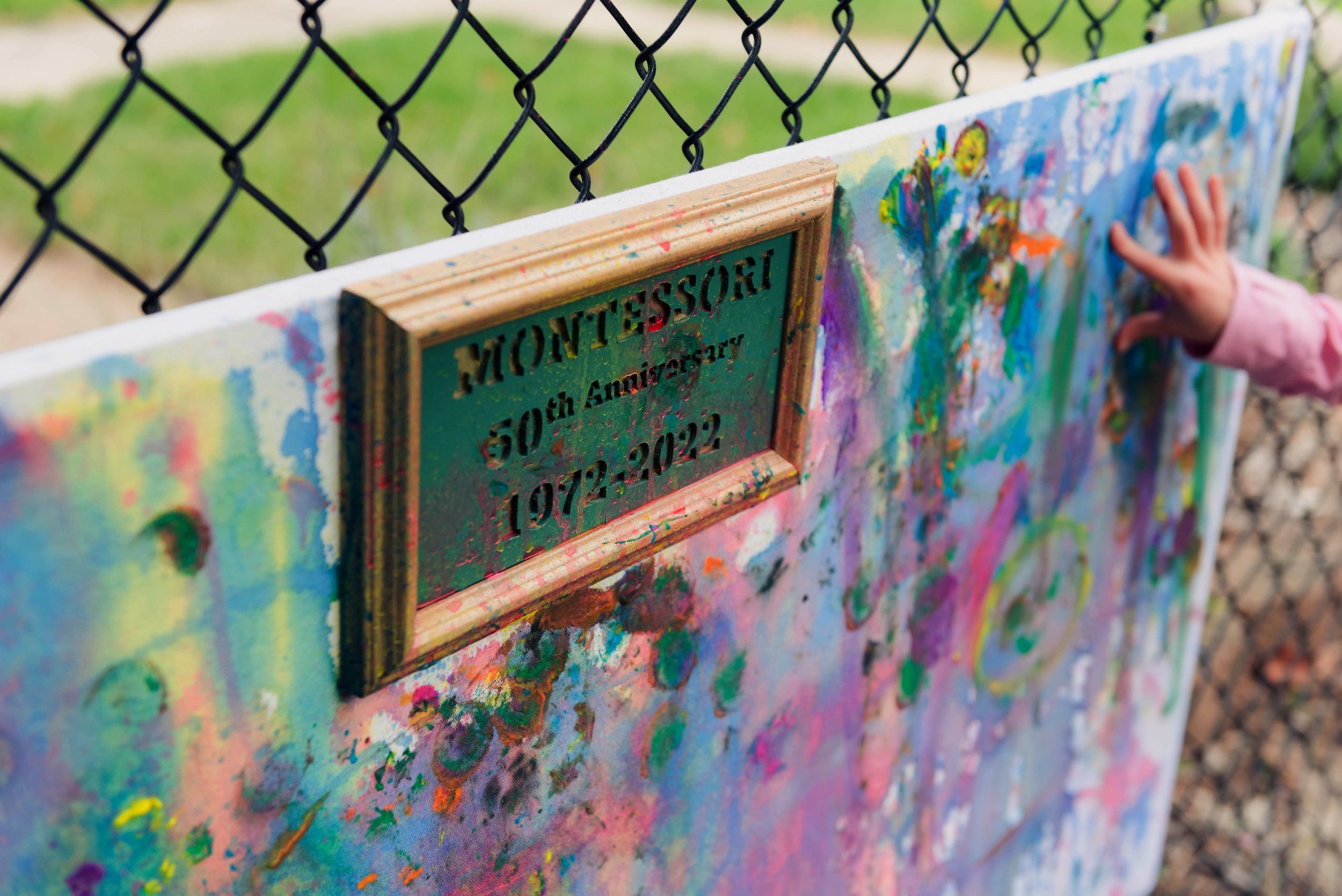

Early Childhood, Willow

Early Childhood, Willow

Early Childhood, Willow

Early Childhood, Willow

Early Childhood, Willow


Dragon Max, Oak Resident

Early Childhood, Oak

Early Childhood, Oak

Early Childhood, Oak









Elementary Playground


Elementary, Hickory

Elementary, Hickory

Elementary, Hickory

Elementary, Hickory

Elementary Building
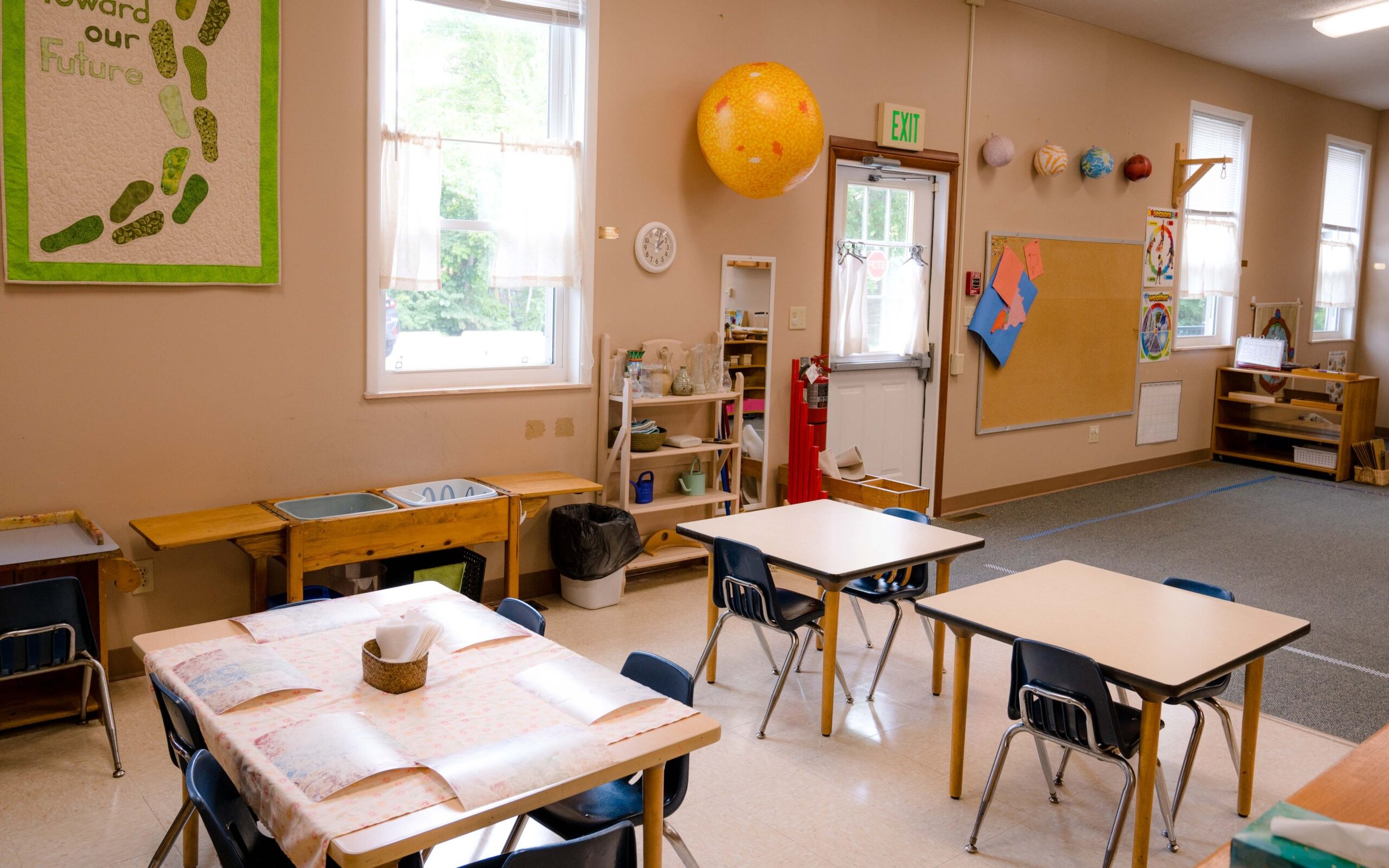
“Christopher is a bright, quiet child who has benefited from the individualized attention and support for working at his own level and pace in the classroom. All of the teachers’ incredible patience and the calm, structured work of the classroom have nurtured his growth. The Montessori environment has allowed him to experience and learn cooperation, acceptance, and respect among all persons.”
﹣Debbie G.
